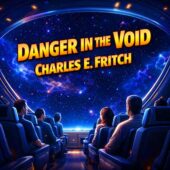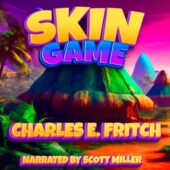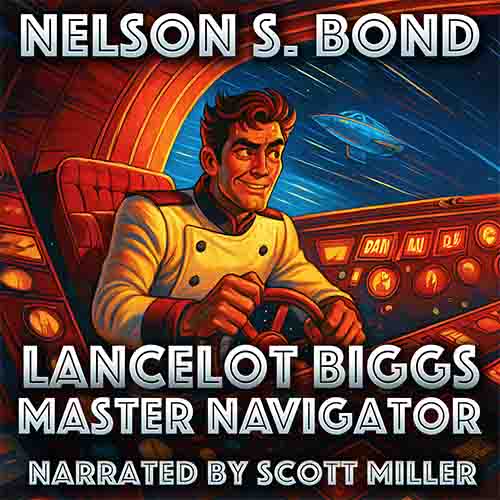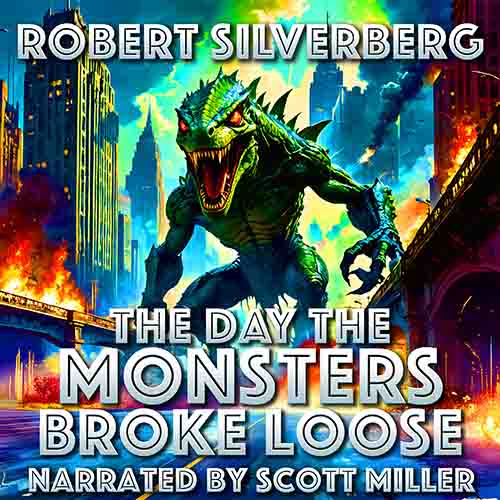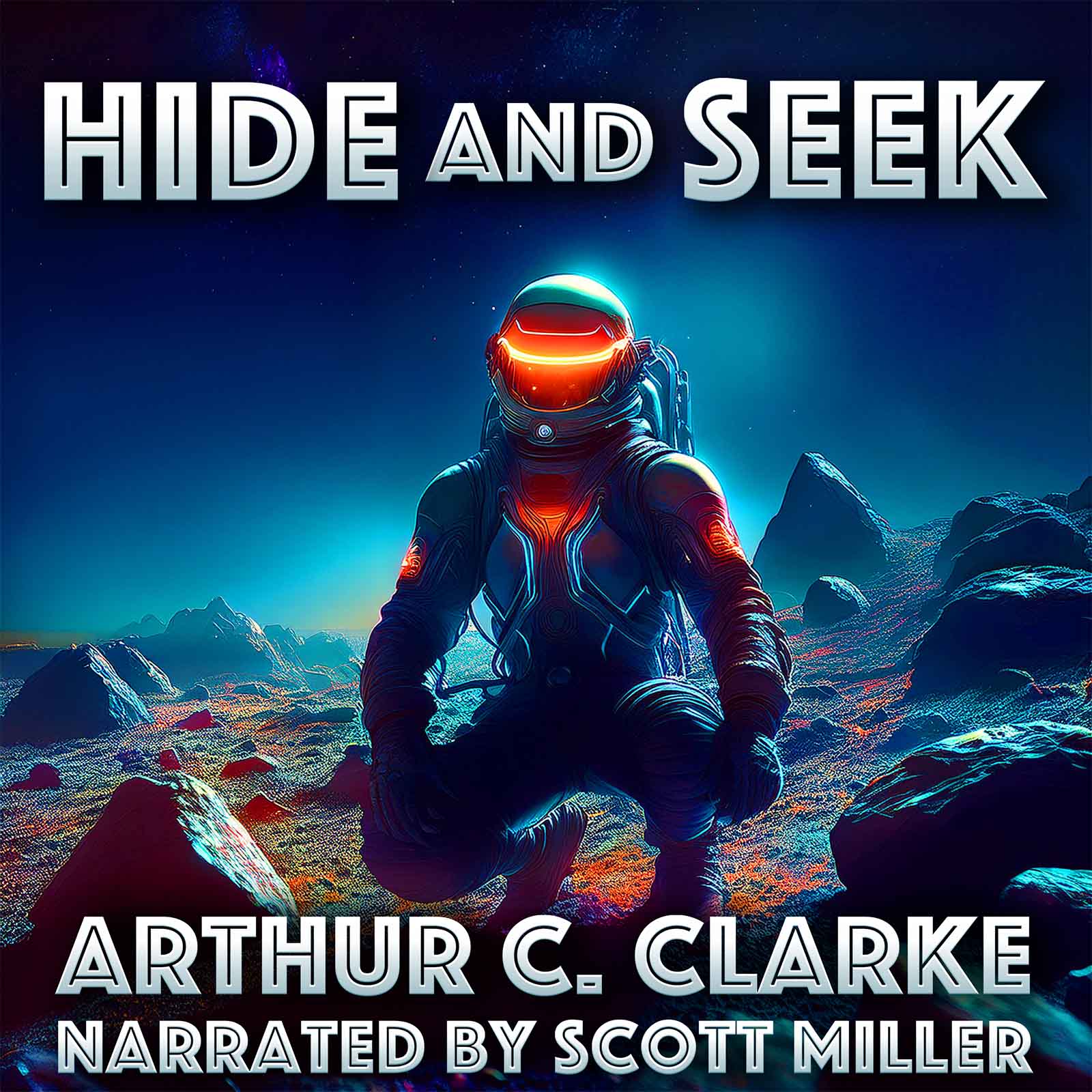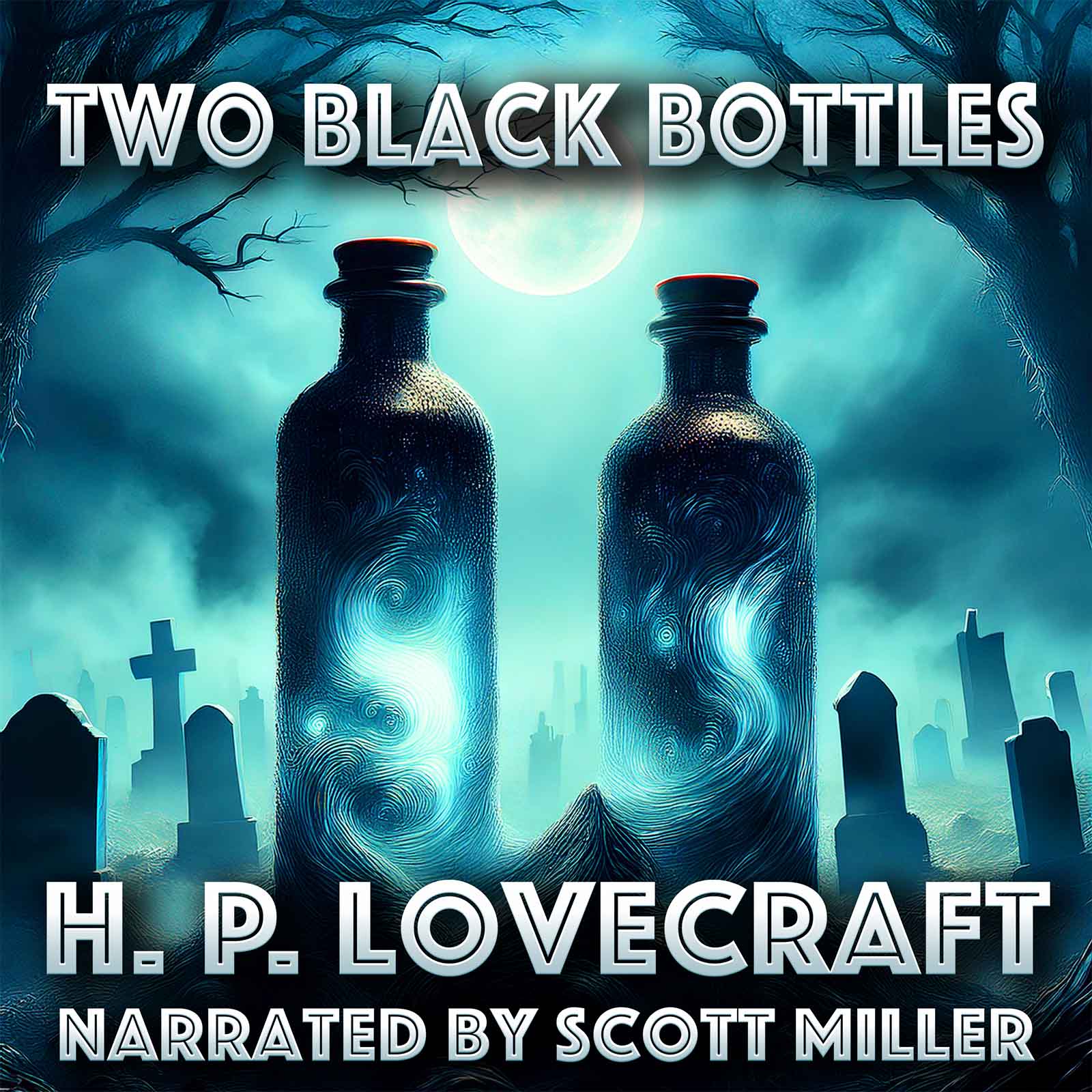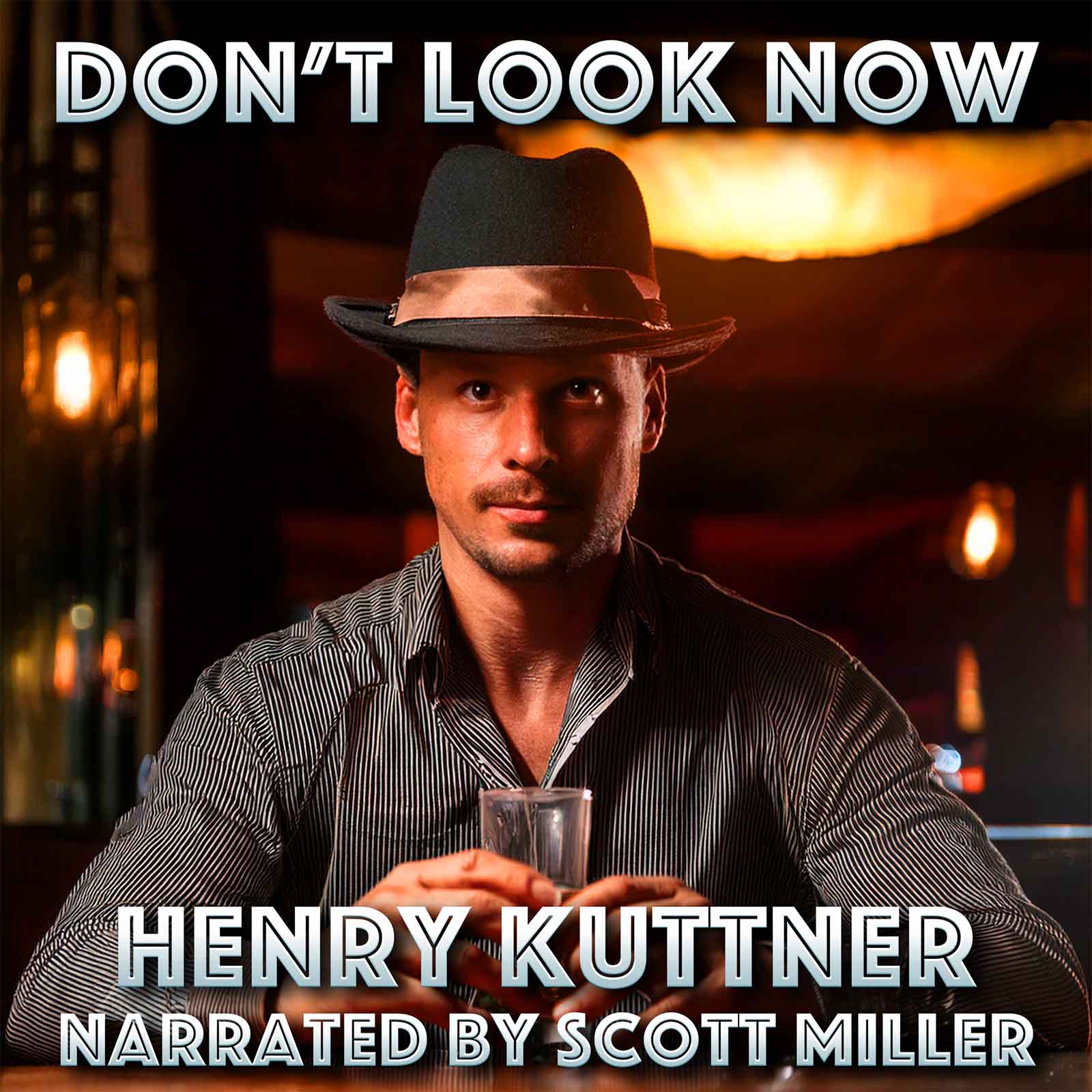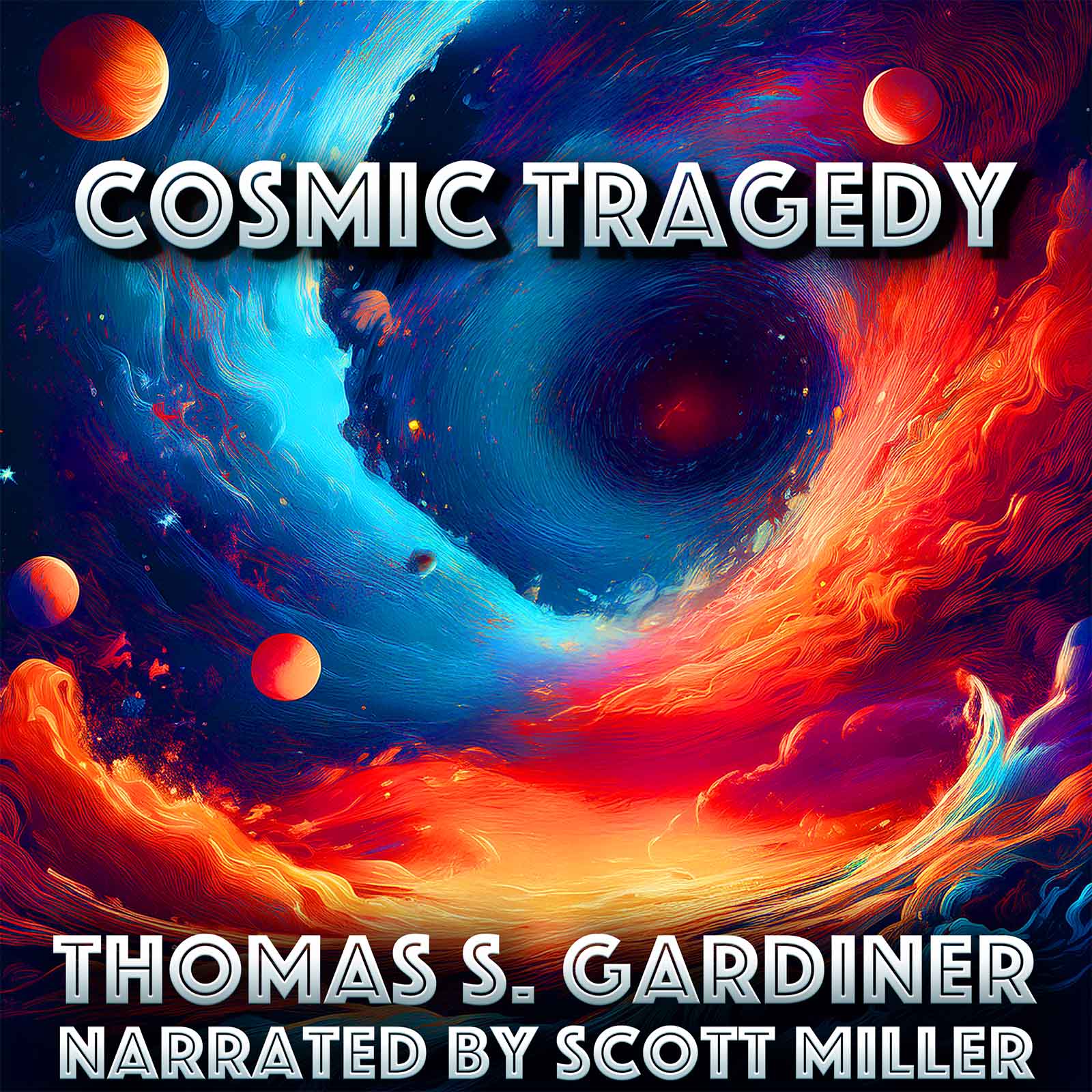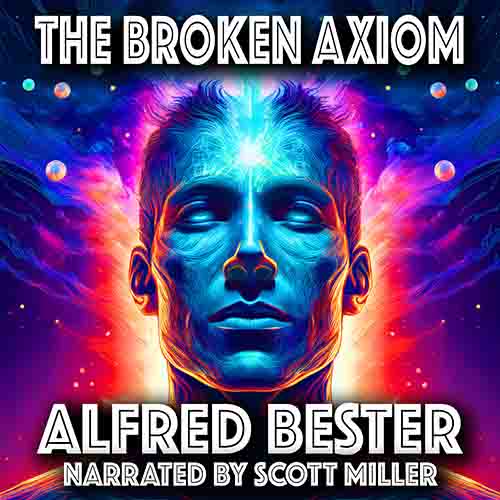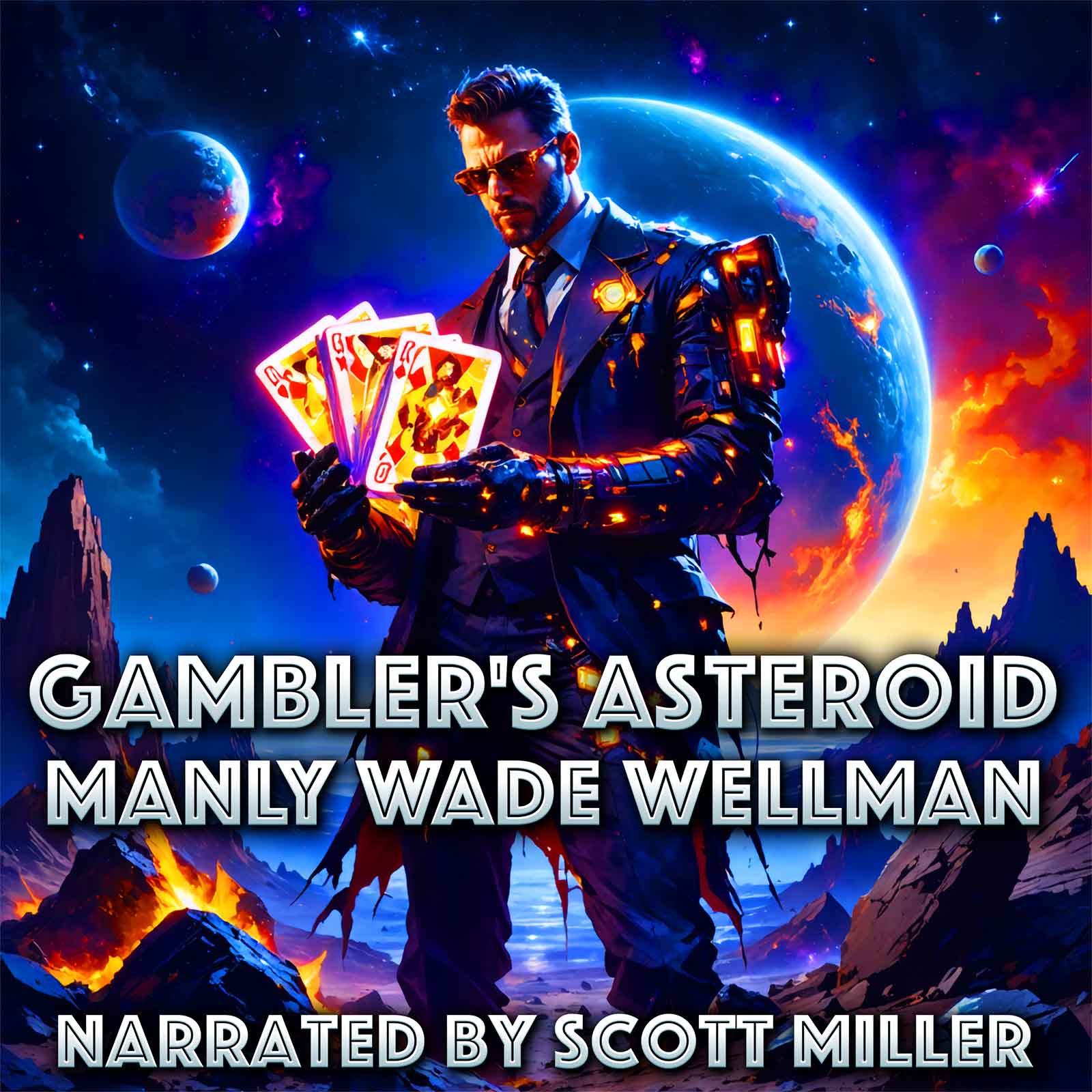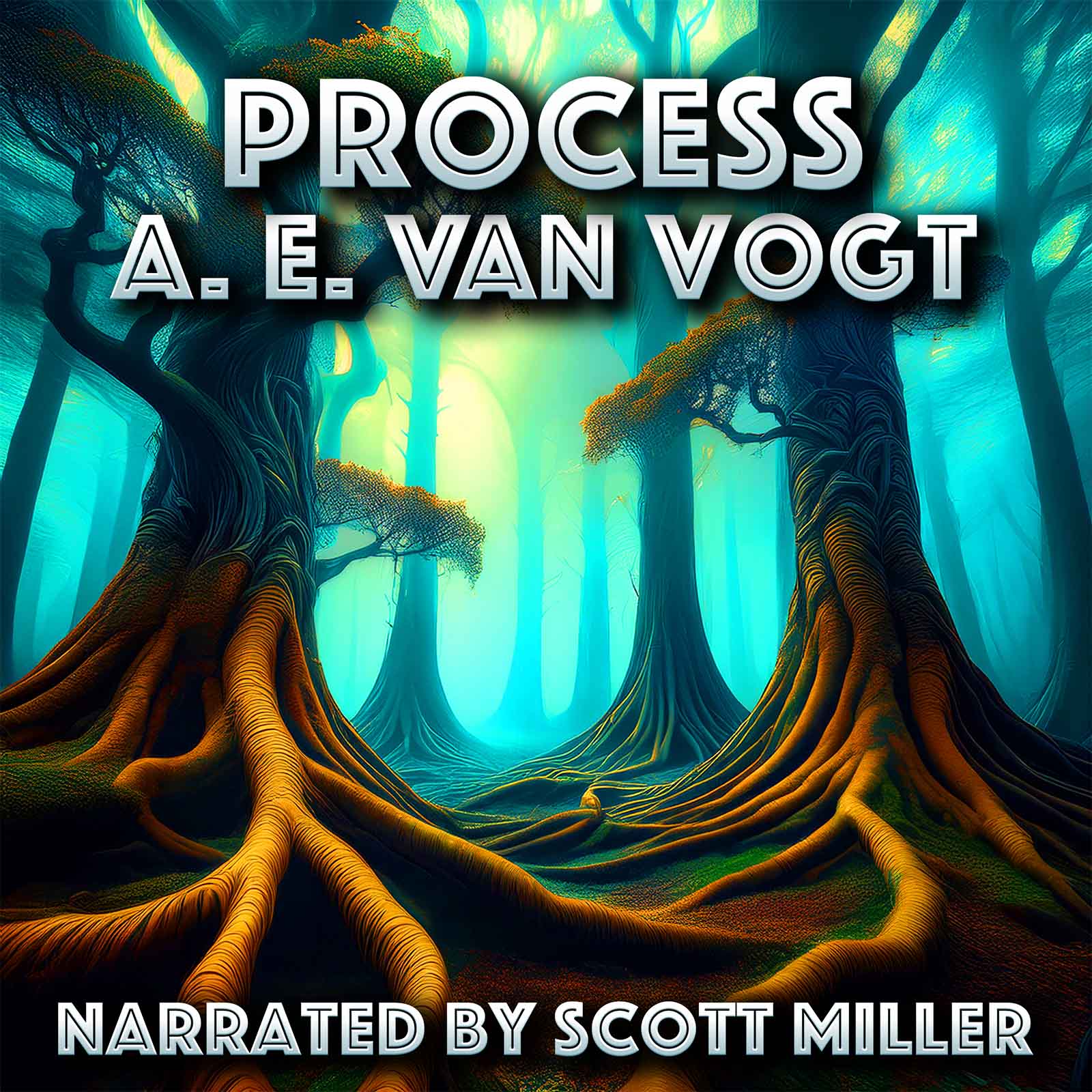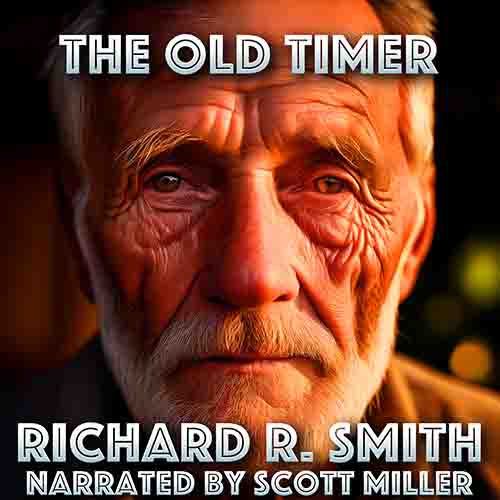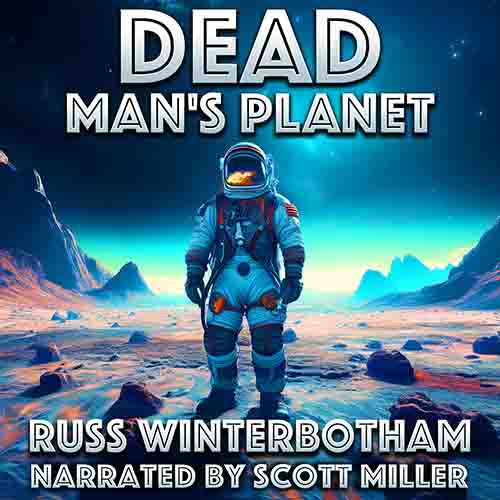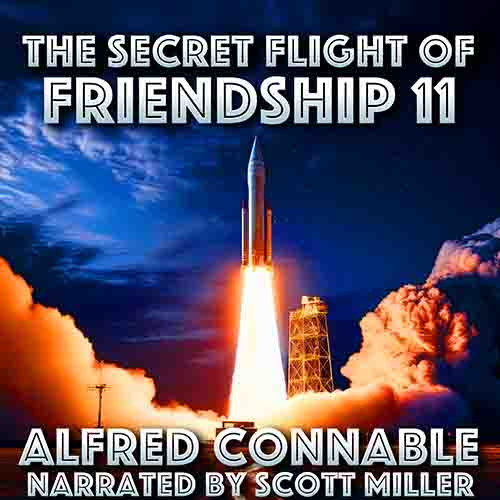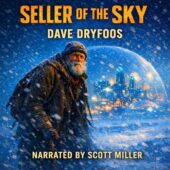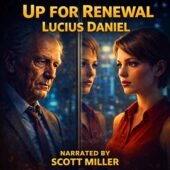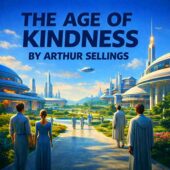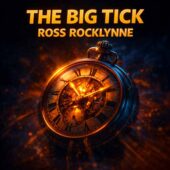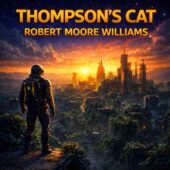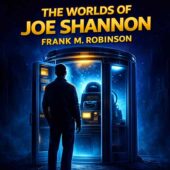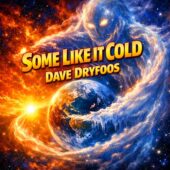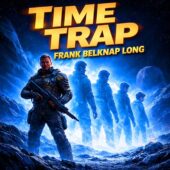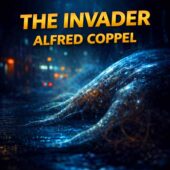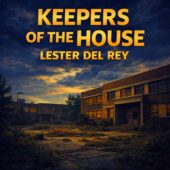Charles E. Fritch

Biography
Charles E. Fritch (1927–2012) was an American author, editor, and screenwriter best remembered for his work in science fiction, fantasy, horror, and mystery. Though not as widely known as some of his contemporaries, Fritch carved out a distinctive place in mid-20th-century genre literature with his wide-ranging short stories, a handful of novels, and his editorial leadership of the magazine Fantastic. His career reflected the eclectic spirit of the pulp and digest eras, where writers often moved fluidly between multiple genres.
Born in Utica, New York, Fritch studied at Syracuse University and later earned a degree in English. He became a teacher for a time but soon turned to writing, drawn to the storytelling possibilities of speculative and crime fiction. His first published story, “The Crib Circuit” (1951), appeared in Fantastic Adventures, and over the next two decades his work would appear regularly in magazines such as Fantastic Universe, The Magazine of Fantasy & Science Fiction, Analog, Alfred Hitchcock’s Mystery Magazine, and Ellery Queen’s Mystery Magazine.
Fritch’s fiction was versatile and prolific. In science fiction, he often explored the darker corners of human psychology, using speculative settings to highlight irony, paranoia, or the folly of ambition. His short story “Big Wide Wonderful World” (1958) is perhaps his most famous work in the genre, a haunting tale of post-apocalyptic survival that was widely anthologized. Stories like this demonstrated his ability to combine tight plotting with social commentary, a skill admired by fellow writers and editors.
Beyond science fiction, Fritch also excelled in mystery and crime. He published under his own name and pseudonyms such as Eric Thomas, Christopher Sly, and Charles Verne, contributing scores of stories to the booming digest market of the 1950s and 1960s. His crime writing was sharp, ironic, and frequently laced with dark humor. He also contributed to men’s magazines and other commercial outlets, displaying the versatility required of mid-century pulp professionals.
Fritch’s only major novel in science fiction, Horrors of Spider Island (1960), was adapted from a screenplay he co-wrote for the cult horror film of the same name, though he was not always credited. He also penned the novel Negative of a Murderer (1959), a noir-infused mystery, and co-authored works with other pulp veterans. While novels were less central to his career, they reflected the same energy and willingness to blend genres found in his short fiction.
In 1958, Fritch succeeded Howard Browne as editor of Fantastic, the digest magazine launched by Ziff-Davis in 1952 as a companion to Amazing Stories. As editor from 1958 to 1964, he helped steer the magazine through a transformative period. Under his guidance, Fantastic became known for publishing accessible, colorful fantasy and science fiction stories, often with a focus on imaginative adventure. Though he never sought to push the boundaries of experimental science fiction in the way that John W. Campbell or Cele Goldsmith Lalli did at other magazines, Fritch maintained Fantastic as a lively and entertaining publication that nurtured both established and new voices.
Fritch’s editorial work extended beyond Fantastic. He edited anthologies such as The Little Monsters (1969), a collection of short horror stories for young readers, and Shadows and Shapes (1990), a showcase of his own writing. His ability to balance roles as both writer and editor gave him a unique perspective on the genre’s evolving landscape.
Outside of fiction, Fritch also worked in Hollywood, contributing scripts to television and film. He co-wrote episodes for popular anthology series and low-budget genre films, continuing the pulp tradition of feeding speculative ideas into mass entertainment. His screenplay work was less celebrated than his prose, but it reflected his adaptability and the breadth of his creative interests.
Though never achieving the household-name status of his peers, Fritch was well-regarded within the science fiction and mystery communities. His friendship with writers such as Ray Bradbury, William F. Nolan, and Charles Beaumont placed him within the lively Southern California circle of authors who contributed to both the pulps and Hollywood in the mid-20th century. This group bridged the worlds of speculative fiction and mainstream media, and Fritch’s career exemplifies that blending.
In his later years, Fritch continued writing and editing while living in California. He passed away in 2012 at the age of 85. His work remains a testament to the energy and variety of mid-century genre fiction—a period when writers moved seamlessly between science fiction, fantasy, horror, mystery, and film.
